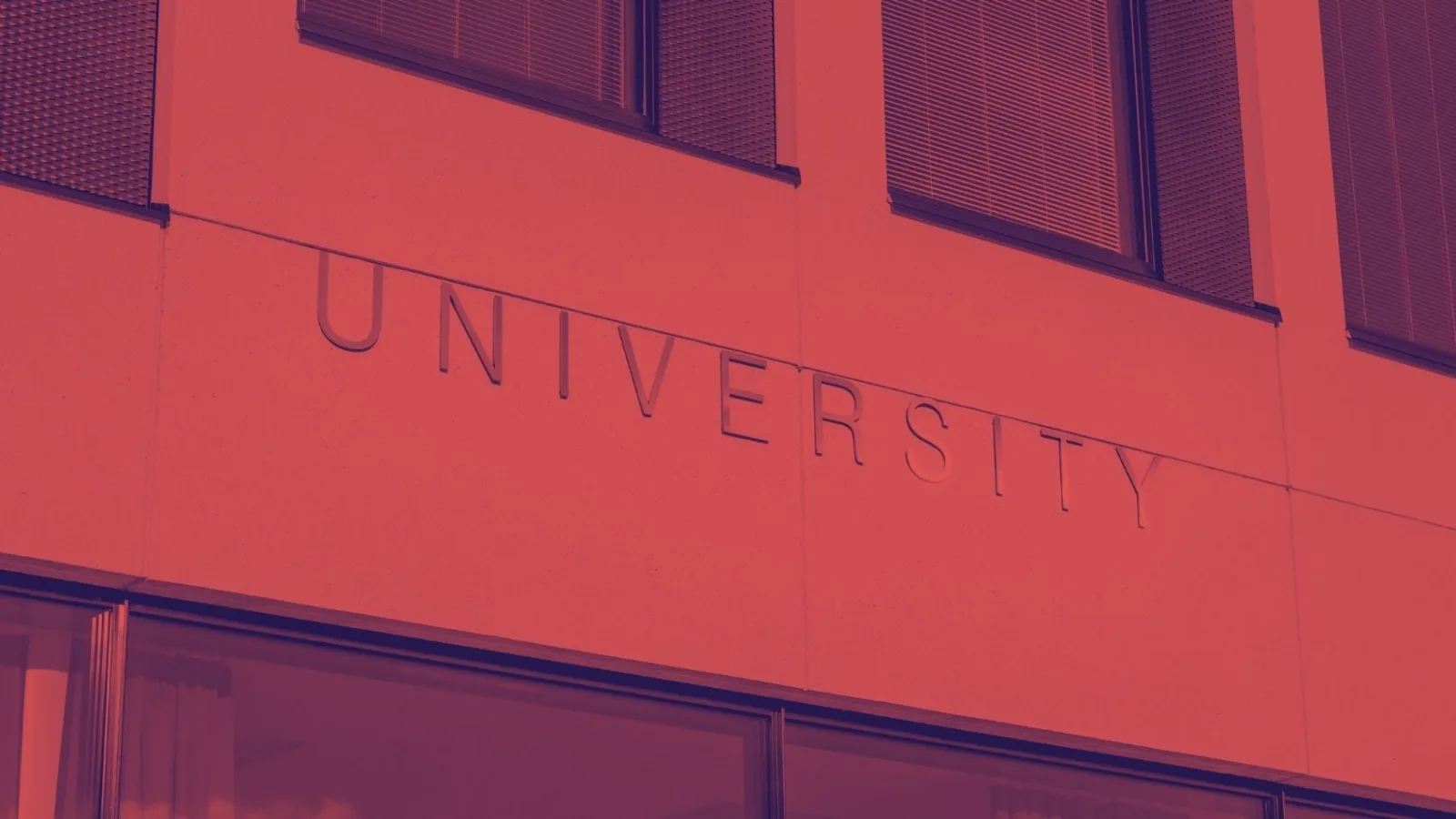

Welcome to the third virtual edition of the Education Communicators Boot Camp!
Benefits of attending:
With presentations by communications professionals from Yale Medicine, Harvard Law School, University of Richmond & Keck Medicine at USC, the "Education Communicators Boot Camp 3" is a must attend event for all PR and communications professionals working in higher education.
Keck Medicine of USC Marketing and Communications, University of Southern California
10.00 Opening Keynote: Understand the New Rules of Crisis Communications and Reputation Management for a Post-Pandemic World
COVID-19 has completely reshaped our world. For PR professionals, it has raised the bar for what qualifies as being prepared.
In this session Donald will share with you what it takes to maintain your reputation in the post-coronavirus reality, build your crisis communications playbook, prepare in advance and apply the right tone and tactics in your crisis communications strategy
Donald Steel, Former Chief Communications Adviser at BBC & Lecturer in Crisis Communications at the London School of Economics and the University of Westminster
10.40 Finding Voice and Fueling Velocity in Your Content Marketing Strategy - Employing a Content Marketing Strategy Makes Sense in Today’s Digi-centric Environment – but How do You Make an Impact in a Post-Covid World of Information Overload?
- Evolution of content planning process
- Using metrics to manage internal and external performance
- Sputters and spikes in our growth curve
- Generating organizational support (getting leadership on our side)
- Lessons learned
Nicole Wise, Chief Communications Officer, Yale Medicine
11.20 Elevating Expertise: Leveraging Faculty and Staff Experts Across Communications Platforms
Every college campus has experts who can contribute their areas of research and professional skills to the news of the day. But finding those experts and connecting them with media opportunities isn’t easy. And once you’ve landed a media placement, how can you get the most out of your efforts? Sunni Brown, director of media and public relations at the University of Richmond, will share how to not only best leverage experts to land national media opportunities but also maximize them by showcasing how media placements can be used across University platforms (print publications, websites, presidential communications, etc.) to reach target audiences.
Sunni Brown, Director of Media and Public Relations, University of Richmond
12.00 Lunch for Speakers and Delegates
13.00 Building Your Social Media Strategy for Crisis Communications
- How to stay ahead and be prepared: Have a crisis playbook ready with holding statements
- How to continue to develop your playbook: add scenarios and new situations as they arrive
- How to incorporate social media into your emergency plan
- Having the right team in place and giving them the appropriate level of responsibility
- How to report insights and have a process in place for communicating with emergency officials
- Learn how University of Houston made sure social had a seat at the table during the crisis of Hurricane Harvey, and how they leveraged social listening, brought in the right communicators and media reps to man channels and make sure all questions were answered
Shawn Lindsey, Executive Director, Media Relations, University of Houston
13.40 Your Best Marketers Are Your Students
In this session, Allison and Kate will share with you how to create a more personal, student-centered approach to marketing and admissions—and give current students a solid professional experience that helps them stand out in the job market.
Allison Turcio, Assistant Vice President for Enrollment and Marketing, Siena College
Kate A. Szalda, Director Of Admissions, Siena College
14.20 Developing an Executive Visibility/Thought Leadership Program for C-suite Executives in Times of Crisis
Meg Aldrich, Director, Media Relations, Keck Medicine of USC Marketing and Communications, University of Southern California
15.00 Closing Discussion
15.30 End of Day One
10.00 - 16.00 A Full Day Crisis Simulation Workshop with Donald Steel, Former Chief Communications Adviser at BBC and UK's Leading Expert on Crisis and Reputation Management
The past year has shown us how we, and our institutions can rapidly adapt at a time of global crisis. In an environment where rules were often relaxed whilst students and staff were learning new ways of working, the education sector displayed a medal winning response.
It’s not over yet, but a different crisis may be waiting around the corner to hit just as we are at our most exhausted and vulnerable.
In this one day specialist workshop, international crisis communicator Donald Steel will lift your vision and energy to make sure your organisation is fully crisis communications ready.
In this fully interactive and engaging day, together we will discover what success looks like in crisis communications and gather learning from situations where people have got it right. We will also find solutions together and hear from the experience of each other.
We will explore how the cameraphone will dictate the narrative in a crisis, and how we must broaden our crisis communications response to include pictures as well as words if we wish to succeed.
At the end of this workshop you will:
- Understand the relationship between advance preparation and speed in crisis communications
- Be equipped to review your organisation’s tone, language and style on social media in a crisis
- Be familiar with aggressive question types in crisis media interviews and how to deal with them
- Be ready to review your organisation’s crisis communications plan in the light of the workshop
You will leave the workshop feeling energised, with a checklist of actions to take back as you seek to take your crisis preparedness to the next level.
Donald Steel is a widely admired crisis communicator who works internationally with clients from a range of settings, from healthcare to aviation and government bodies, as well as high profile individuals. London-based, he is Vice-President, Crisis Communications, at Kenyon International Emergency Services. With headquarters in Houston and London, Kenyon has been dealing with mass fatality incidents for more than a century, including natural disasters, terrorism and aviation incidents. A former chief media spokesman at the British Broadcasting Corp., Donald’s clients include universities and schools, UN agencies, broadcasting and entertainment companies, government departments and high profile individuals. He has recently made acclaimed appearances at the Canadian Association of Education Communicators Conference in Winnipeg and the Girls Schools Association Conference in London. Donald began as a Registered General Nurse in Scotland, and worked in regional neurosurgical and trauma units during a ten year hospital career. He is a regular lecturer in crisis communications at the London School of Economics and the University of Westminster.
This program can also be delivered as a tailored in-house training for your organization. We adapt the content to your industry, objectives, and level of maturity, focusing on real challenges your teams face and the decisions they need to make. In-house formats allow your people to align on a shared approach, work through relevant scenarios, and build skills they can apply immediately.
If you’re exploring an in-house option, tell us a bit about your team, priorities, and timing, and we’ll recommend the right format.
Contact us about in-house training